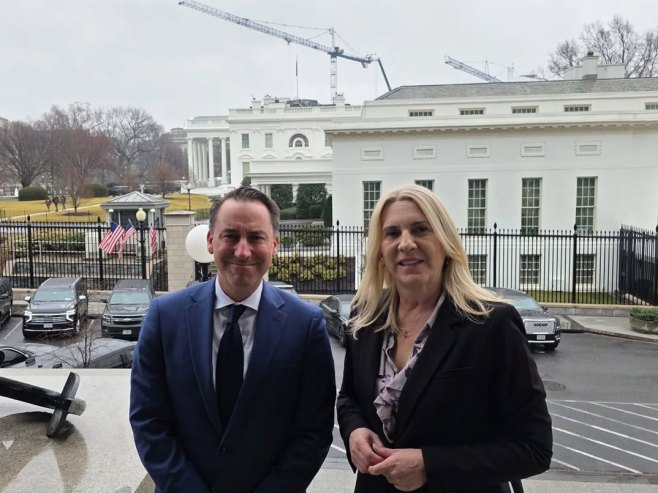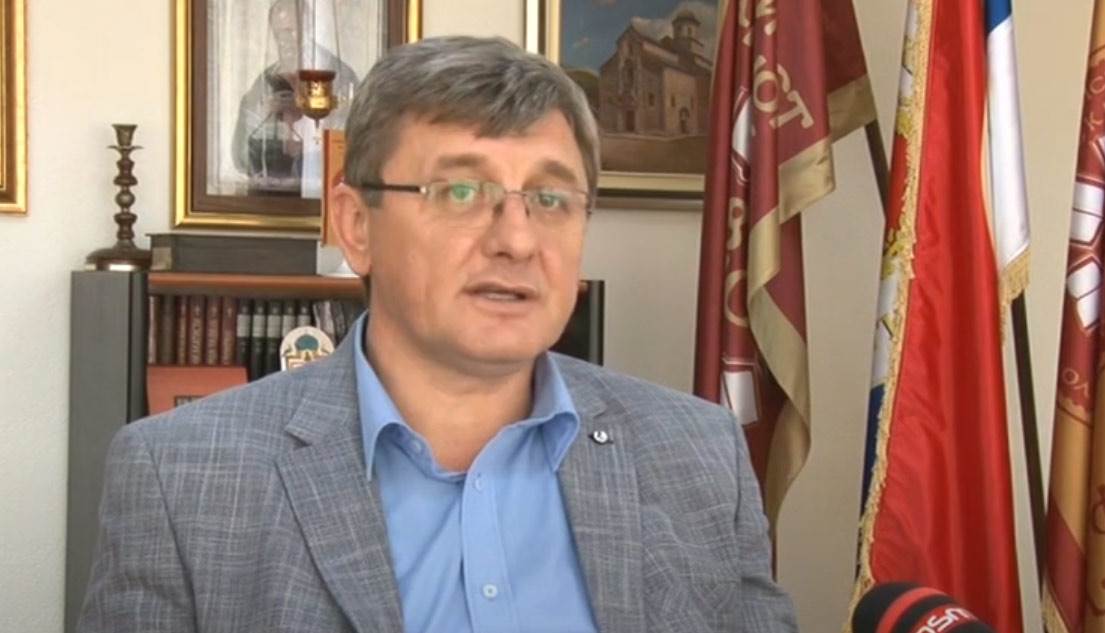Every state must write its own constitution that suits its unique social reality, and that is precisely why the best constitution in the world is the one that fits the life of a specific society, emphasized Professor of Constitutional Law Siniša Karan in an op-ed for Srna.
Karan pointed out that there is no such thing as the best constitution in the world that can simply be copied and applied elsewhere.
Srna publishes the full op-ed by Professor Karan:
Historically speaking, all copied constitutions in the world that did not correspond to local social conditions have failed. Only those states that wrote their own constitutions based on historical, cultural, societal, and realistic circumstances have managed to endure and thrive.
There are several models of multiethnicity in the world.
The “luckiest” states are those with a majority population of one ethnic group. There are also states where several peoples live together and, by nature, must be unitary, as no single group can dominate.
However, there are states where two or three peoples are dominant, and none can outvote or overpower the others — these are multiethnic federations. In such cases, a federal form of government is the only functional model for the state.
Whether deeper relations among peoples in such states will develop or not will be determined by life, not by a constitution. A constitutional norm cannot reconcile or divide peoples. On the contrary — when peoples reconcile or divide, they create constitutional norms!
This means that life cannot be artificially engineered. Life creates the norm, not the other way around. And I must emphasize that the “norm,” though a legal term, is equally a social one.
That is why we call on the academic and intellectual community, on all constitutional law experts, to respond to the question of what kind of society this is, and based on that, provide adequate answers about the kind of constitution we need.
The new constitution will be both a dynamic and static act
The new Constitution of Republika Srpska, as a response to real social circumstances, is intended to be both a static and a dynamic act. Static in the sense that we do not touch the foundations — the essence of the state — meaning the rights of the constituent peoples and the sovereignty of the two entities. But also dynamic, because it will follow real social developments, especially in areas such as the economy and human rights.
In 33 years, no new common identity or unified nation has emerged, such as “Yugoslavs” or “Americans.” Society has not created such circumstances, because they cannot be built on narratives that Serbs are aggressors, that they committed genocide, that Serbs are war criminals, that Serbs destroy while others build.
We must not forget that in 1995, when Serb representatives signed the Dayton Peace Agreement, that signature was written in the blood of fallen soldiers and civilian victims in the Defensive-Patriotic War. That signature remains fresh to this day.
A constitution is changed by real social conditions, not by force or artificially
Let me repeat: a constitution is always a reflection of social conditions and can never create them. A constitution does not create life — life creates the constitution. Of course, no constitution is sacred or untouchable; it is changeable, but only through real societal changes, not by force or artificial means.
Republika Srpska has been oppressed for all these years, and some thought they could artificially create a unitary civic state in which Srpska would dissolve. But they did not count on our real and visible strength — the people and the institutions of Republika Srpska.
Source: RTRS









